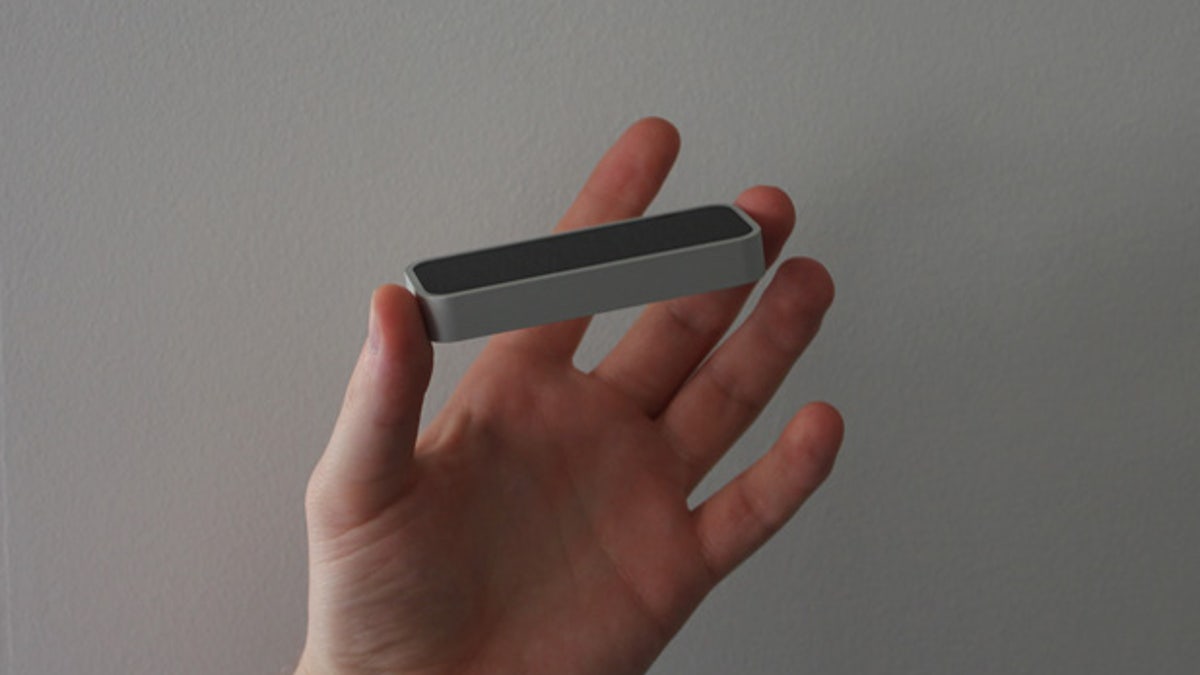
We got our first look at the Leap in May of this year, and were pretty excited at the possibilities that this tiny, hyper-accurate 3D motion control device offered for the future of man-machine interaction. The device (which is just slightly larger than a USB stick) can detect movement down to 1/100th of a millimeter, making it almost 100 times more accurate than Microsoft's Kinect. What's more, according to Leap Motion co-founders Michael Buckwald and David Holz, the Leap can be shrunk down to the size of dime -- and Leap Motion has big plans to introduce the Leap's unique 3D motion control technology into devices as small as smartphones, while other companies struggle to fit the Kinect into laptops.
We went hands-on with Leap to see for ourselves how accurately the device could track our finger movements. Check out a video of the Leap, and Michael Buckwald's and David Holz's future plans, below.
Michael Buckwald and David Holz hope to integrate the technology behind the Leap into mobile devices. The first step, they say, is bringing the Leap to laptops -- and Leap Motion is working with (as yet unnamed) OEMs to integrate the technology into their computers. They've also begun working on ARM support, with an eye toward bringing the technology behind the Leap to smartphones, tablets and even cars.
Because of the device's ability to interpret hand motion with incredible accuracy, the Leap Motion co-founders see great potential for the device in medical and surgical settings, as well as its use with computer-aided design software such as AutoCAD. They hope that the device will lower the barrier to create content by making it easier than ever to manipulate three-dimensional objects in an intuitive way.
Although Michael and David see the Leap as augmenting traditional methods of interacting with electronics, such as the keyboard and mouse, Leap Motion hopes that third-party developers will help fully realize the device's potential. Already, for example, developers are working on software that will utilize the Leap's ability to independently recognize all ten fingers to translate sign language.
The Leap works on Macs and Windows (Windows 8 included). The device will retail for just $69.99 and is expected to ship in February. Pre-orders are available, as are a limited number of free developer kits.
